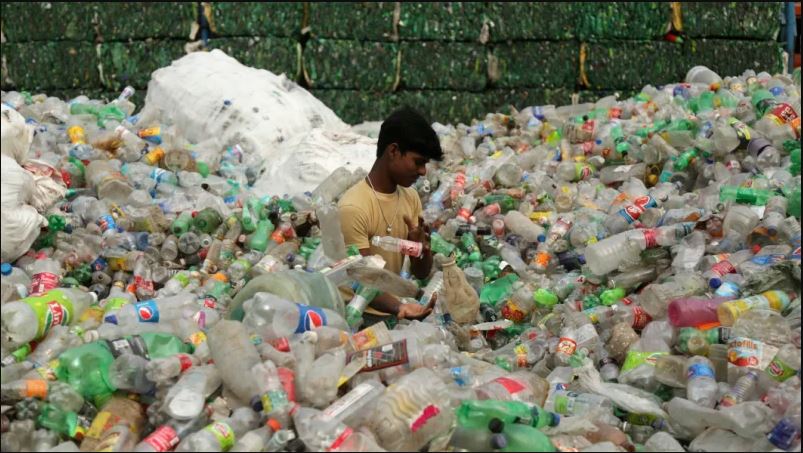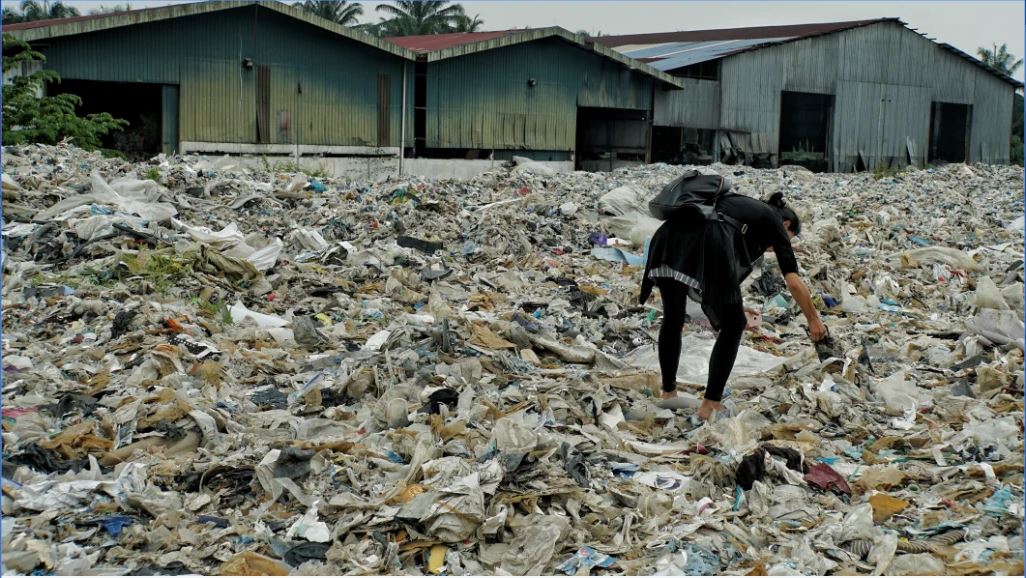Australia’s waste crisis is set to escalate, with India this month completely banning plastic waste imports a year after China’s drastic restrictions sent shockwaves through the recycling industry.
India was the fourth-largest destination for Australia’s waste in December 2018, taking 13 per cent of its total waste exports.
The Australian Council of Recycling has warned that with Asian markets closing down and some councils already sending their kerbside recycling to landfill, recycling was "greatly under threat".
"We are back to where we started with the China crisis, but worse because we have fewer alternative markets," the council's chief executive Peter Shmigel said.
It led to the hazardous stockpiling of recyclable material, while rubbish collectors scrambled to find alternative overseas markets.
Countries including India, Indonesia, Vietnam and Malaysia offset the decline in waste exports to China by taking more of Australia’s recyclable rubbish.
Overall, Australia’s waste exports actually increased by 5 per cent last financial year.
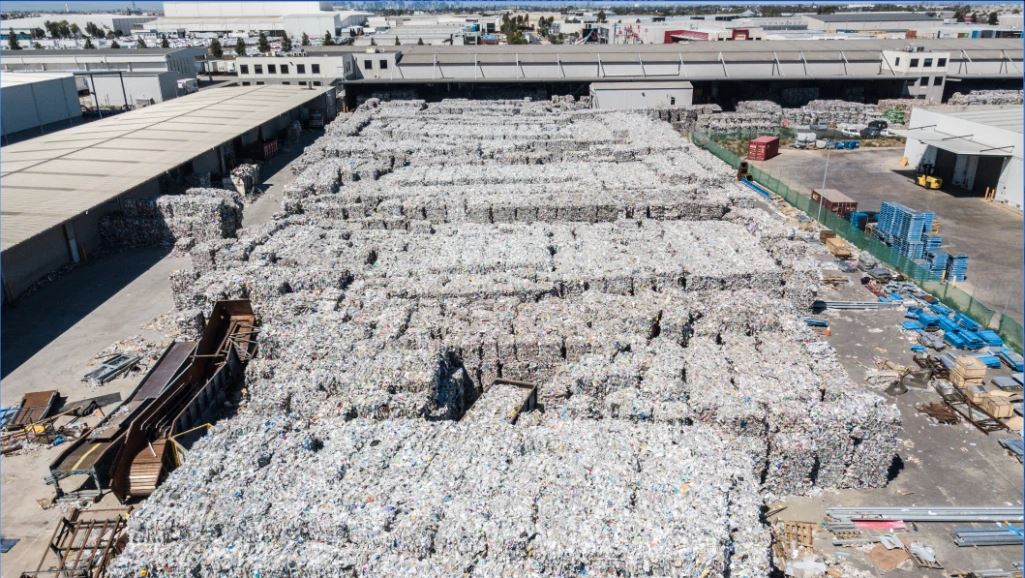
A dangerous stockpile of recycling material at a site operated by SKM Services in Melbourne’s north in February this year. CREDIT: JASON SOUTH
But an analysis of Australia’s waste exports commissioned by the Department of the Environment and Energy warned several other Asian countries were reviewing their policies.
It said Malaysia and Thailand had since announced a ban on plastic waste imports by 2021 and others were taking immediate action to tighten controls on imports.
"If Malaysia, Vietnam and Thailand enacted waste import bans similar to China’s, Australia would need to find substitute domestic or export markets for approximately 1.29 million tonnes (or $530 million) of waste a year, based on 2017-18 export amounts," the analysis says.
Waste and recycling groups have called on state and federal governments to urgently invest in the recycling industry in Australia, rather than exporting waste overseas.
Waste Management and Resource Recovery Association of Australia CEO Gayle Sloan said there was no excuse for the lack of tangible government action more than 12 months after China's ban on poor-quality recycling material began, particularly given environment ministers had met twice.
The state and federal governments had been poised to release six national targets to reduce waste late last year as part of a new National Waste Policy.
But talks broke down with the states, which refused to endorse the targets because the policy failed to specify how they would be achieved.
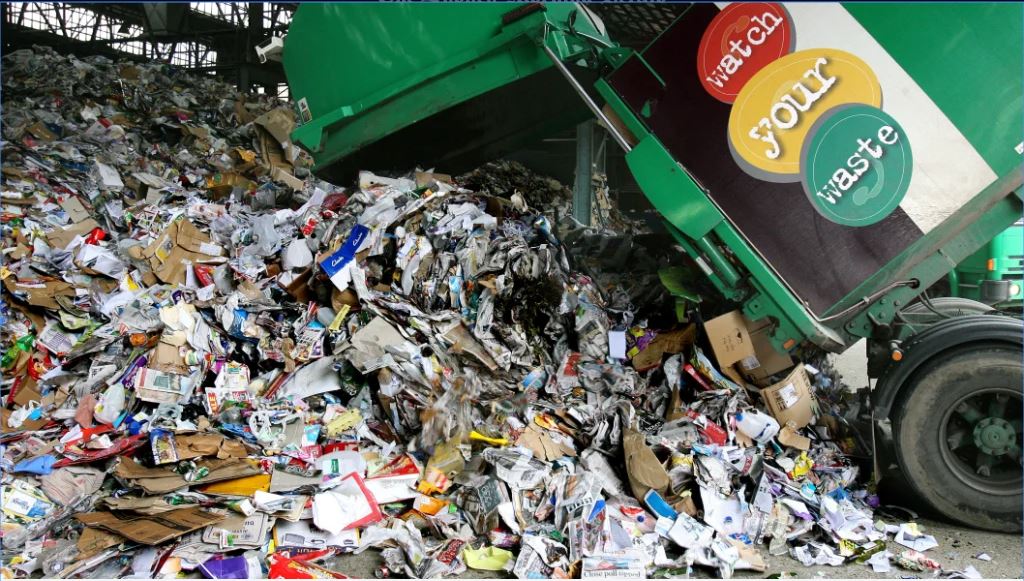
China’s ban on the importation of lower-grade waste has hit Australia hard. CREDIT: ROBERT PEARCE
Federal Environment Minister Melissa Price told The Age and The Sydney Morning Herald it was disappointing the states did not agree to the targets considering the significant amount of work that had been undertaken.
However, she said officials had since met twice to draft "targets, actions and milestones" for a "national action plan" based on priorities such as reducing plastic pollution and increasing demand for recycled materials through procurement.
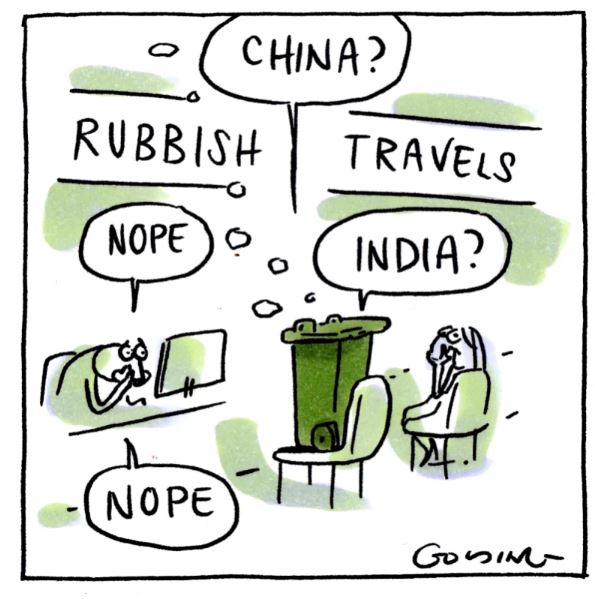
The department was also consulting with industry, she said.
Greens senator Peter Whish-Wilson recently asked in a budget estimates hearing how much funding had been committed to implementing the national waste policy.
He was told the national action plan would guide decisions on future funding commitments.
"The federal government has spent nothing to implement the National Waste Policy," he said.
"The recycling industry is at a fork in the road. If we are to save the industry we have to reboot recycling and change the way we consume. But the federal government just won’t take the crisis seriously."
Article originally posted in SMH.

